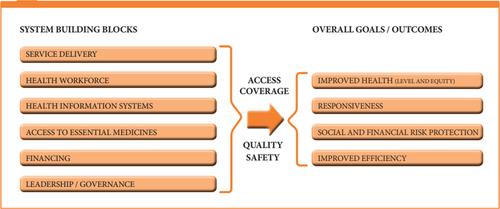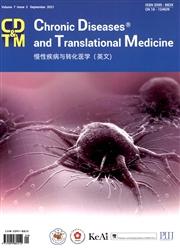Governance of noncommunicable diseases in Afghanistan
Abstract
Background
Noncommunicable diseases (NCDs) are the main reasons of mortality worldwide. One of every two person is dying due to NCDs in Afghanistan. International policy actors, mainly the World Health Organization (WHO), published several reports and declarations on controlling and preventing NCDs. This study aimed to provide a situation for governance of NCDs in Afghanistan and proper solutions for identified challenges.
Methods
We conducted qualitative research utilizing interpretive phenomenology. A self-developed questionnaire was developed to conduct the semi-structured interviews with 39 experts from Afghanistan. The results were analyzed using a deductive framework analysis. Six building block framework of health system developed by the WHO was used as predefined framework for this study.
Results
The governance building block of health system consists of five subthemes including policy making, planning, organizing, stewardship, and control. We identified main strengths, weaknesses, opportunities, and challenges for these subthemes. The experts also provided key recommendations to address the challenges.
Conclusions
Management of NCDs is a neglected part of the health system in Afghanistan. Strengthening evidence-based policy making with technical and indigenous planning, establishing responsive units with adequate financial and human resources within different ministries to address “health in all policies” concept, passing and implementing national laws and regulations to support national strategies for prevention and control of NCDs, and establishing decentralized monitoring systems to control the implementation of these strategies are the main recommendations of this study. Local government and international policy actors should invest and support the development of a multisectoral coordination system at national level for Afghanistan.


 求助内容:
求助内容: 应助结果提醒方式:
应助结果提醒方式:


